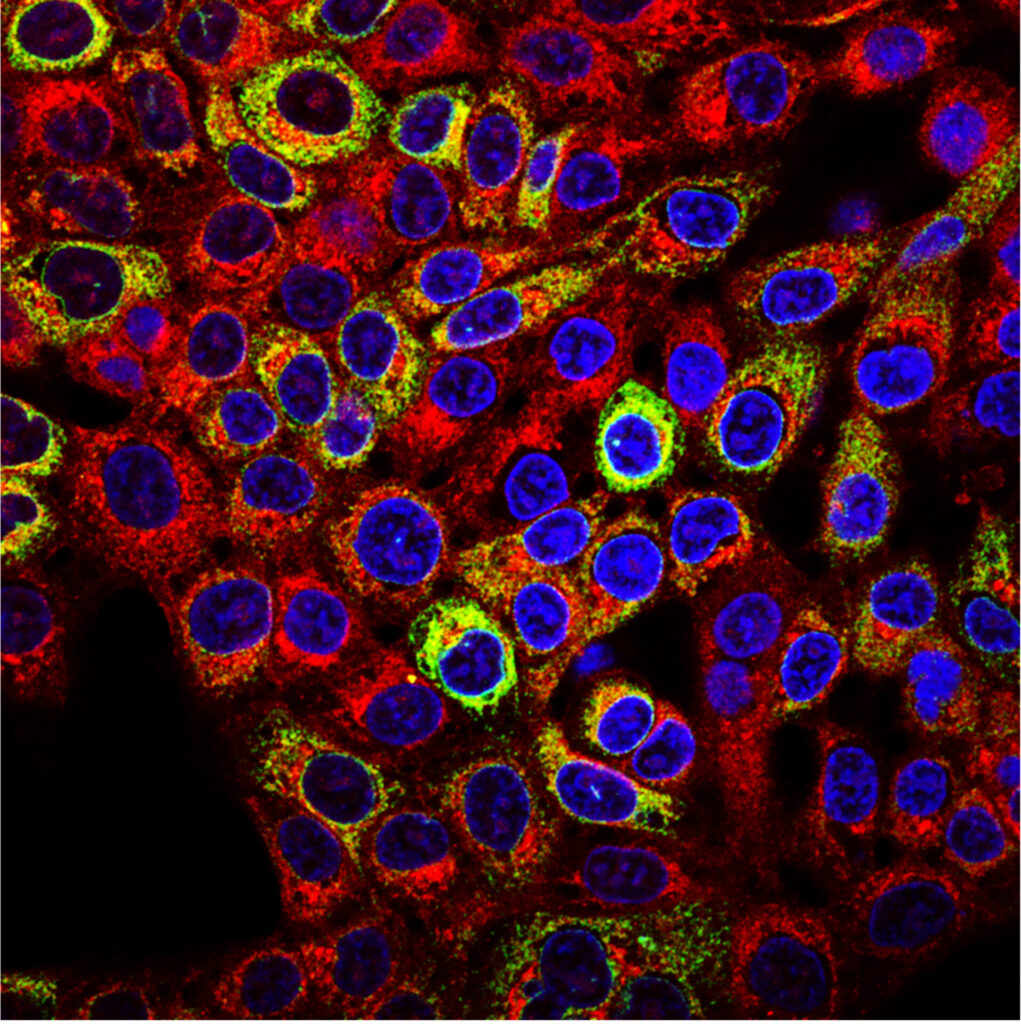Featured
UM Engineer Receives NSF Award to Help Develop Better Immunotherapies

By Lou Tyson
University of Mississippi

Thomas Werfel, assistant professor of biomedical engineering at the University of Mississippi, has received a Faculty Early Career Development, or CAREER, award from the National Science Foundation.
The CAREER award, a five-year grant for $597,638, will fund Werfel’s efforts to create innovative biomaterials that will help human immune systems respond better to illnesses.
The immune system is one of the most complex systems in the body: molecules, cells and organs work together to keep a person healthy. It responds to all types of challenges – such as infections, cancers and toxins – with great precision in terms of timing and location.
Immunotherapies – drugs that harness the power of the immune system – are typically given all at once as single therapies. That means they often lack the level of precision needed in terms of where, how much and how long the drug is administered.
Werfel’s research seeks to radically improve the ability to program immune responses by developing biomaterials that can recruit, train and sustain relevant immune cells with greater accuracy.
Ultimately, this could result in vaccines and cancer treatments that maximize the effectiveness of the immune response.
“We think our approach has great potential because it is based on the way the body naturally responds to infection, as opposed to traditional approaches to drug-making,” said Werfel.
“To achieve this, it is necessary to pursue new technologies that can perform in this novel manner. I’m truly honored to receive the NSF CAREER award, as it allows me the time and resources to hopefully discover a way to improve health care for many Americans.”
Werfel also has received a nearly $800,000 grant from the American Cancer Society in a complementary area: research into new treatments for metastatic breast cancer.
As part of his CAREER grant, Werfel plans to set up a Nanoengineering Research Experience for Undergraduates, with particular focus on underrepresented students from Mississippi and nearby. The summer program would provide research and professional development opportunities.
He also wants to establish a STEM Excursion program, where north Mississippi high school students can learn about nanobiotechnology from Ole Miss undergraduate researchers.
Werfel explained that “these outreach efforts provide a great opportunity for students of all backgrounds to learn about this exciting new field. And, this gives our young academics the possibility to share their passion and gain mentoring skills.”
The NSF’s Faculty Early Career Development program supports early-career faculty who have the potential to serve as academic role models in research and education and to lead advances in the mission of their department or organization.
This prestigious award is designed to help early-career faculty build a firm foundation for a lifetime of leadership in integrating education and research.
Several UM researchers have received NSF CAREER Awards, but this is the first for the School of Engineering.
“I am pleased that Thomas’ work has been recognized with this great honor,” said Dave Puleo, dean of the School of Engineering. “This is an excellent moment for the school and it demonstrates our efforts to give cutting-edge research opportunities to our students.”
The project, titled “Multimodal biomaterials for sequential delivery of diverse immunotherapeutic cargos,” is jointly funded by the NSF’s Biomaterials program and the Established Program to Stimulate Competitive Research. EPSCoR works to enhance the research competitiveness of certain jurisdictions, such as underfunded states, by strengthening STEM capacity and capability.






















































